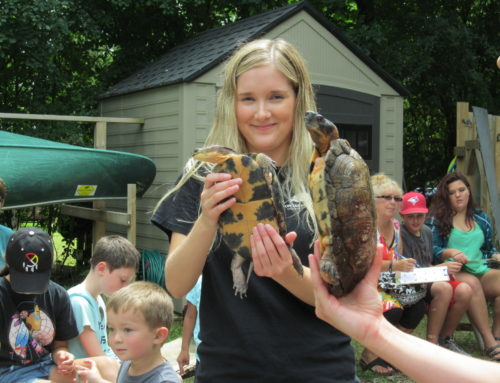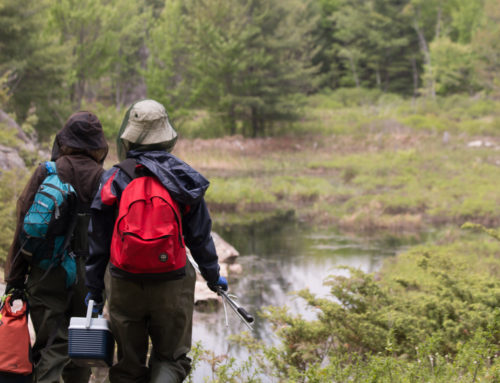
A campaign by Toronto Zoo and Crime Stoppers aimed at educating people about illegal turtle trade compares the trafficking of wildlife to the illegal trade of guns, drugs and people.
Good morning KTTC supporters!
Today I’m going to focus my post on a more serious topic that I, and I’m sure many other people, don’t know much about—turtle poaching and smuggling.
According to animalrights.about.com, “Poaching is the illegal taking of wildlife, in violation of local, state, federal or international law. Activities that are considered poaching include killing an animal out of season, without a license, with a prohibited weapon, or in a prohibited manner such as jacklighting. Killing a protected species, exceeding one’s bag limit or killing an animal while trespassing are also considered to be poaching.”
Although I have heard of many different animals being poached, turtles do not immediately come to mind when talking about the subject. I think many people feel the same way; thinking mainly of large animals like elephants, tigers and whales. In cases where animals are not poached, they may be smuggled in order to supply people with exotic pets or food. As stated in an article on insidetoronto.com, David Forster, president of the Ontario Association of Crime Stoppers said, “illegal wildlife trafficking is the world’s fourth most profitable criminal enterprise – after selling drugs, guns and human beings.” Turtle smuggling and poaching is going on right here, in Ontario. In 2013, Scarborough restaurant Fortune Seafood, was found to be serving spiny softshell turtles on the menu and in 2014, a Windsor man was charged with smuggling after trying to bring 51 live turtles across the Detroit-Windsor border under his clothing. These are just two of the known cases in Ontario.
Seven of the eight native Ontario turtles are “at risk,” meaning they are rare or threatened.
Without assistance, these populations will continue to decrease and one day, may disappear altogether. Turtle smuggling and poaching is a global problem that everyone should be aware of. There are ways to help when it comes to protecting these wonderful creatures though.
- While in wetland areas, keep an eye open for individuals carrying snares, nets, cloth bags or buckets and report any suspicious activity to Canadian Crime Stoppers.
- Join a turtle association that helps to save turtles. There are many global organizations, like the Turtle Survival Alliance, which “is an action-oriented global partnership that is committed to zero turtle extinctions in the 21st century, or the Turtle Conservancy, which “is dedicated to protecting the most endangered turtles and tortoises and their habitats worldwide.”
- Educate yourself and others on turtles. People are much more luckily to take an issue seriously when they have an understanding of it. You can find out more information on turtle smuggling and poaching by reading articles such as:
• Ontario turtles under attack by poachers and illegal wildlife trade
• Turtles quietly becoming a top target for poachers and smugglers looking to cash in on Asian demand
• Turtle populations threatened by Ontario poachers
• Turtle poaching becoming a trend
• Turtle Tuesdays: A unique Canadian Turtle Species
- Sign a petition that is aimed at stopping turtle poaching in Canada.
You can be the change. Help the fight against turtle smuggling and poaching!
-KTTC PR intern Jessica Brooks






